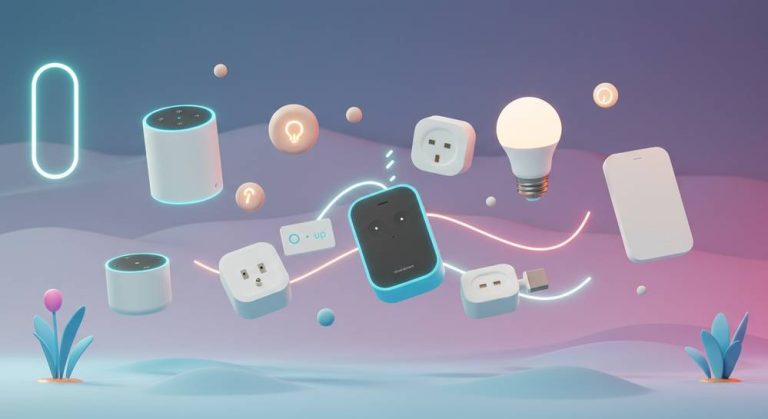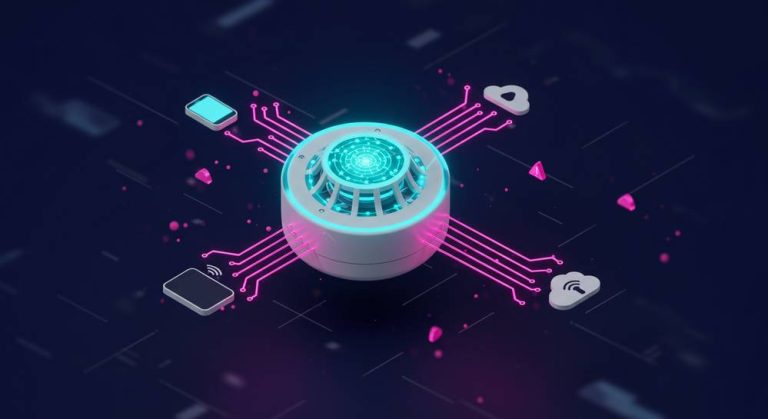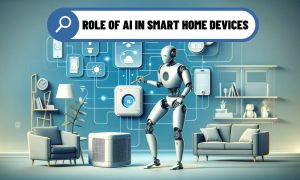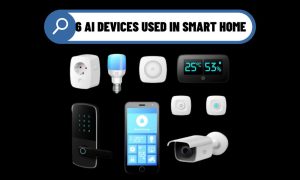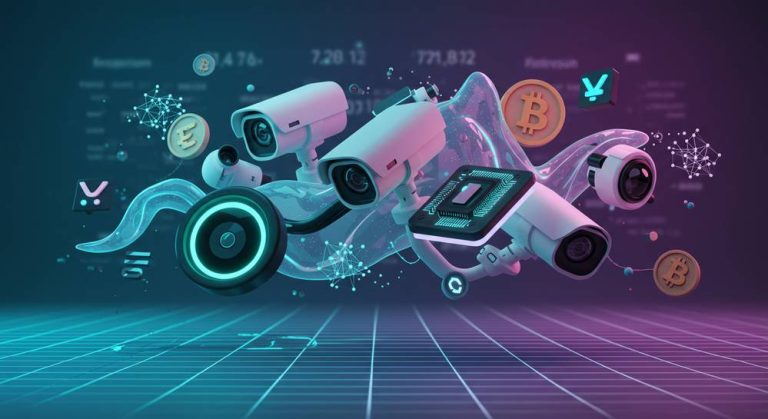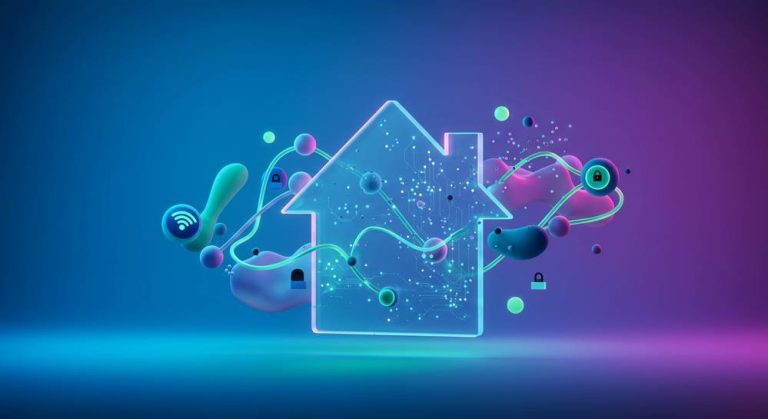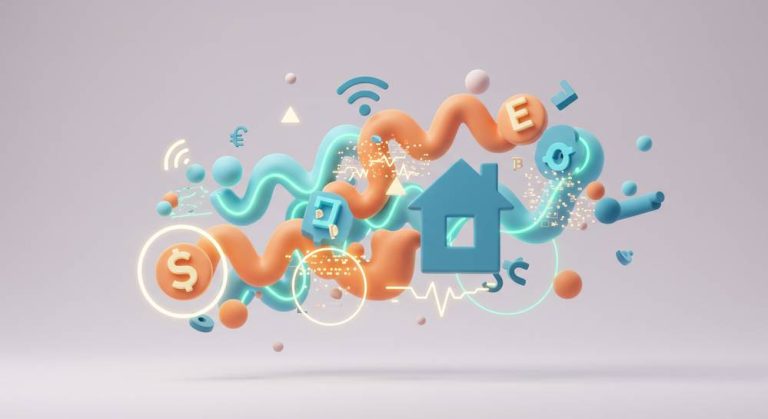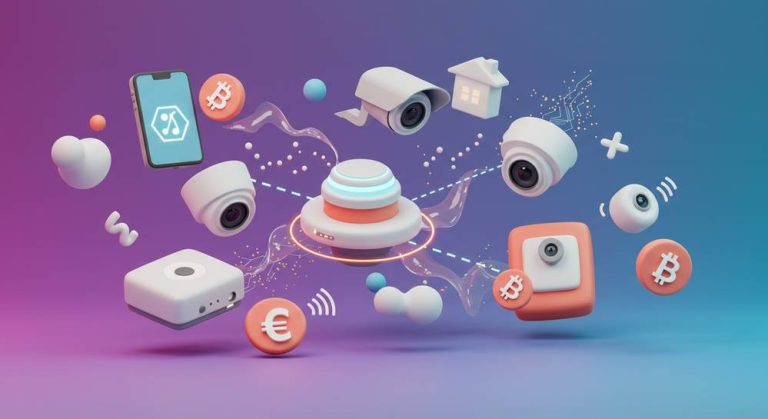How AI Can Improve Life in a Smart Home?
Artificial Intelligence (AI) is revolutionizing the way we live, and its integration into smart homes is creating living spaces that are more intuitive, efficient, and personalized. From automating daily tasks to enhancing security and promoting sustainability, AI in smart homes is redefining modern living. In this article, we’ll explore how AI-powered smart home technology improves convenience, comfort, and quality of life while incorporating cutting-edge innovations.
What Is an AI-Powered Smart Home?
A smart home is a residence equipped with internet-connected devices that can be controlled remotely or automated to perform tasks such as adjusting lighting, managing temperature, or securing the property. When infused with AI, these systems go beyond basic automation. AI enables devices to learn from user behavior, adapt to preferences, and make proactive decisions, resulting in a seamless and personalized living experience.
For example, AI-powered smart home devices like Amazon Alexa, Google Assistant, or Apple Siri use machine learning and natural language processing to understand commands and optimize home functions. This intelligence transforms homes into responsive environments that anticipate residents’ needs.
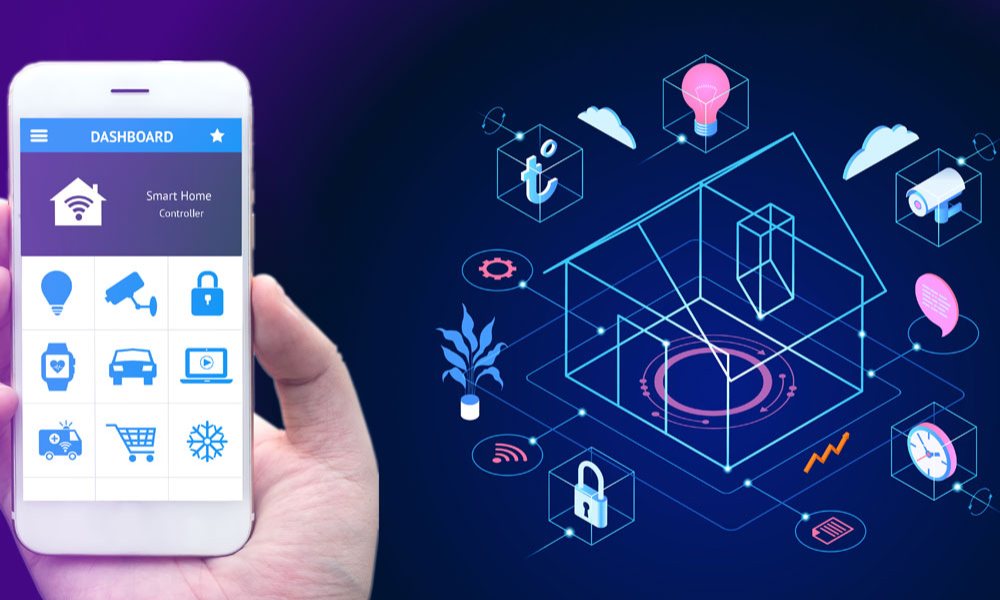
Key Ways AI Improves Life in a Smart Home
1. Enhanced Personalization and Automation
One of the most significant benefits of AI in smart homes is its ability to personalize the living experience. AI algorithms analyze user habits, such as when you prefer to turn on lights or adjust the thermostat, and automate these tasks accordingly. For instance, a smart thermostat like Nest can learn your schedule and adjust temperatures to maximize comfort while saving energy.
Moreover, AI-powered virtual assistants can create customized routines. Imagine your home automatically dimming lights, playing your favorite music, and adjusting the temperature when you arrive home from work. This level of personalization not only saves time but also enhances comfort.
2. Advanced Security and Safety
AI smart home technology significantly improves home security through advanced surveillance and real-time monitoring. AI-powered cameras and smart locks use facial recognition and motion detection to identify authorized individuals and detect suspicious activity. If an unknown person approaches, the system can send instant alerts to your smartphone, allowing you to take immediate action.
Additionally, AI in smart homes enhances safety for vulnerable populations, such as the elderly. AI-powered sensors can detect falls or unusual inactivity and alert caregivers or emergency services, promoting independence while ensuring peace of mind.
3. Energy Efficiency and Sustainability
AI-powered smart homes contribute to a greener planet by optimizing energy consumption. AI systems monitor electricity usage patterns and adjust devices to minimize waste. For example, smart lighting systems can dim or turn off lights in unoccupied rooms, while AI-enabled HVAC systems adjust heating and cooling based on weather forecasts and occupancy.
Homes with solar panels benefit from AI’s ability to determine the best times to store or use energy, reducing reliance on non-renewable sources. These features not only lower utility bills but also support sustainable living.
4. Health and Wellness Monitoring
AI is transforming smart homes into health-conscious environments. AI-powered devices like smart mattresses and air purifiers monitor sleep patterns, heart rates, and indoor air quality, providing insights to improve well-being. For instance, the ANSSil SleepInbody-Incline Smart Mattress uses AI to adjust firmness and angle based on your body’s needs, ensuring optimal sleep.
Furthermore, AI integrates with wearables to track activity levels and suggest lifestyle changes, fostering healthier habits. These advancements are particularly valuable for aging populations, as they enable proactive health management.
5. Seamless Integration and Accessibility
AI in smart homes ensures devices work together seamlessly, creating a cohesive ecosystem. Platforms like Josh.ai and GearBrain’s Compatibility Find Engine allow users to integrate devices from multiple manufacturers, reducing compatibility issues.
AI also improves accessibility, particularly for individuals with disabilities. Voice-activated controls enable those with mobility or visual impairments to manage their homes effortlessly, enhancing independence and quality of life.
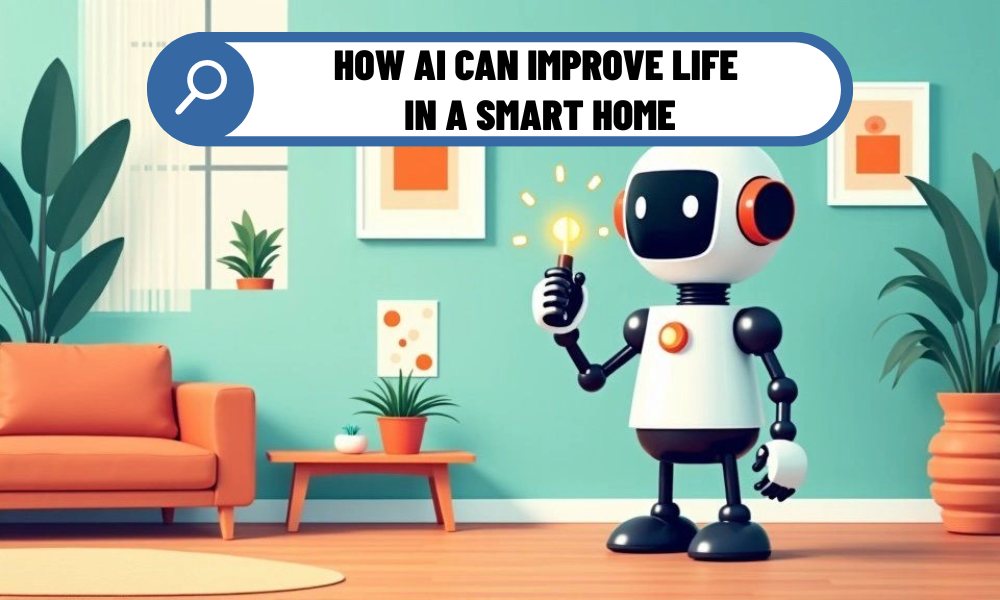
Challenges of AI in Smart Homes
While AI smart home technology offers numerous benefits, it also comes with challenges. Data privacy is a major concern, as AI devices collect personal information to function effectively. Manufacturers must prioritize robust encryption and transparent data policies to build trust.
Additionally, the high cost of AI-powered smart home devices can be a barrier for some homeowners. However, as technology advances and prices decrease, smart homes are becoming more accessible.
The Future of AI in Smart Homes
The future of AI in smart homes is bright, with innovations like emotion recognition and integration with smart cities on the horizon. AI could soon adjust lighting and music based on your mood or connect with urban systems to optimize energy usage during peak demand.
As AI-powered smart home technology evolves, homes will become even more intuitive, sustainable, and connected, transforming the way we live. By addressing challenges like privacy and affordability, the industry can ensure that these benefits reach a wider audience.
AI in smart homes is more than a trend—it’s a transformative force that enhances convenience, security, and sustainability. From personalized automation to health monitoring and energy efficiency, AI-powered smart home devices are improving quality of life in countless ways. As technology continues to advance, embracing AI smart home solutions will unlock new possibilities for modern living.
Ready to make your home smarter? Explore AI-powered smart home technology today and experience the future of living!
